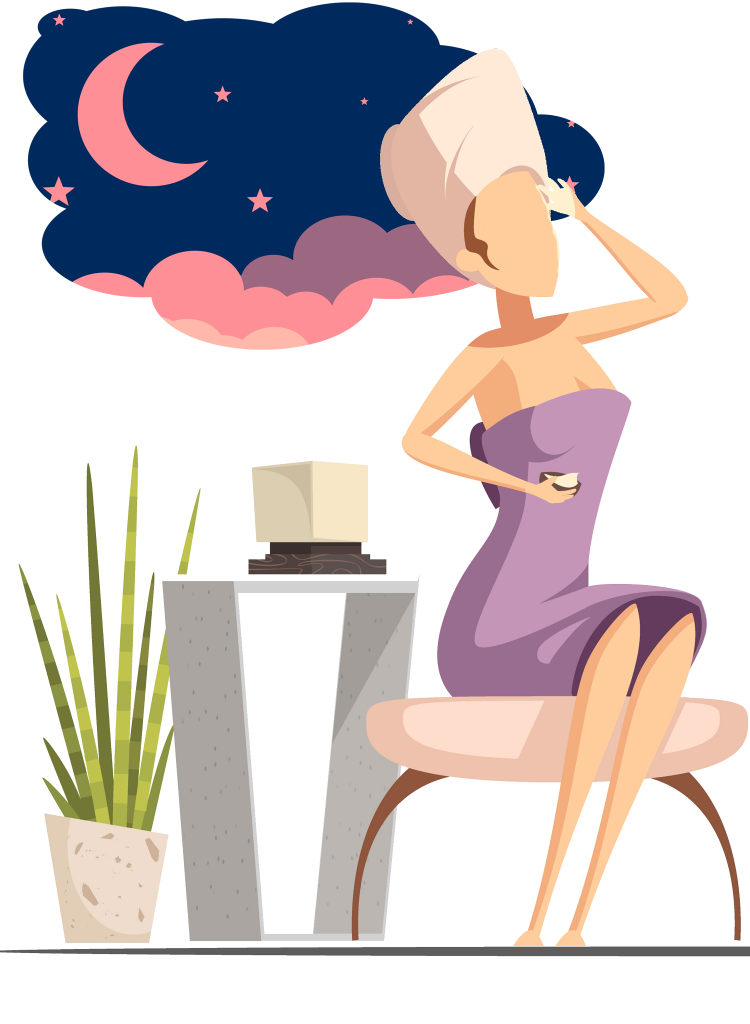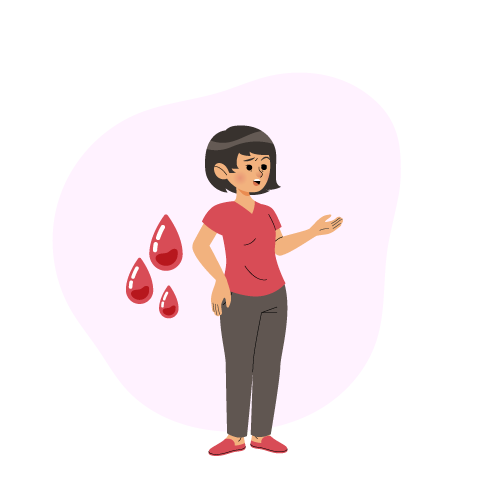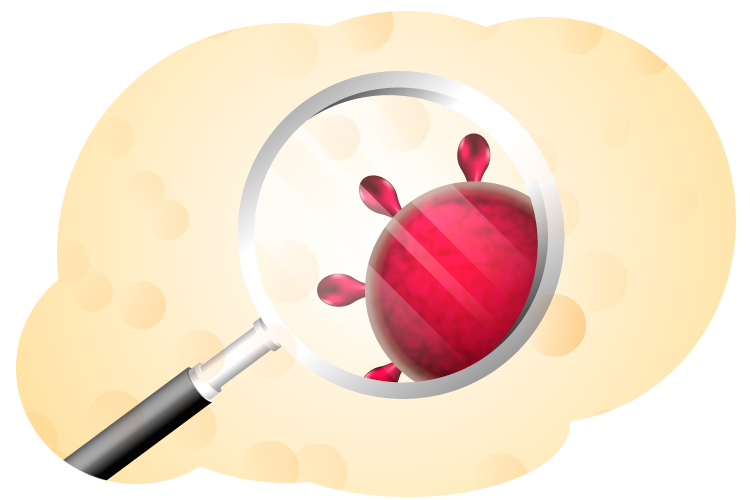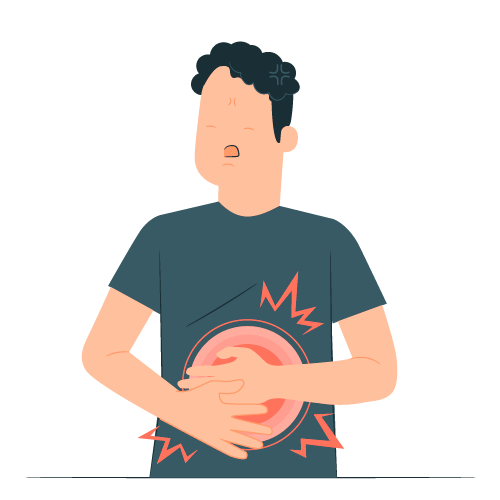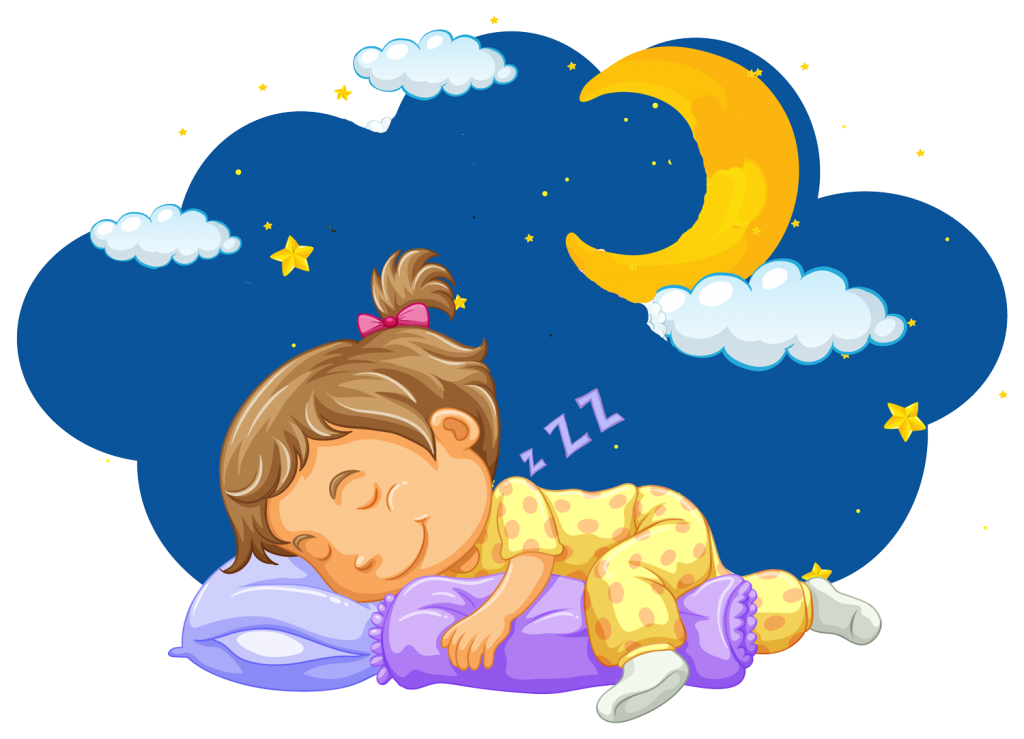What is “usog”? There is no English counterpart for this word but it’s like unknowingly jinxing or hexing someone (usually infants or toddlers) by a simple greeting (hence the word, “nabati”). According to elders, usog causes stomach pain, headache, fever, nausea, vomiting, or even convulsions. They claim that to cure a victim of “usog”, the one who caused it must apply his/her saliva while tracing a cross on the person’s forehead, tummy, or sometimes feet (in the case of infants) while chanting “pwera usog”. This practice is said to put an end to the pain or discomfort.
To prevent “usog”, parents usually use “kontra-usog” materials such as pinning a small red cloth to the child’s clothing or wearing a red and black beaded bracelet. Although many Filipinos grew up to this belief, there is no scientific study that explains this phenomenon.


